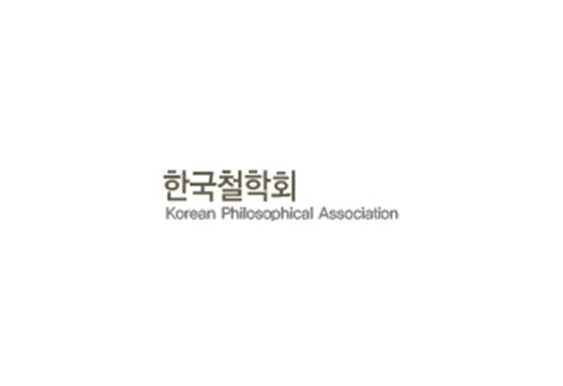20세기 중국의 ‘중국철학’과 일본의 ‘지나철학’
The Making of Chinese Philosophy in 20th-Century Japan and China
이 연구는 중국에서 근대적 학문분과로서 중국철학이 성립되는 초기 과정을 분석하고자 한다. 일반적으로 중국에서는 후스의 『중국고대철학사 대강』(1919), 그리고 펑유란의 『중국철학사』(1931, 1934)로 이어지는 과정이 중국철학의 형성 과정으로 알려져 있다. 최근에는 새로운 자료의 발견과 더불어 후스 이전의 중국철학사 저작들, 그리고 후스와 펑유란 사이에 간행된 중국철학사 저작들이 조명을 받고 있다. 따라서 이 연구는 ‘철학’을 둘러싼 개념사적 연구 등을 토대로 하면서 일본의 아카데미즘이 근대중국의 학술사에 끼친 영향에 주목하고자 한다.
20세기를 전후하여 중국에서 중국철학의 성립과정을 규명하기 위해 이 연구는 먼저 무술변법의 실패 이후 일본에 망명한 량치차오가 『청의보』 잡지에서 ‘지나철학’이라는 제목의 칼럼을 설정하면서 ‘지나철학’을 규정하는 방식을 검토한다. 다음으로 일본에서 서양철학과 함께 ‘지나철학’ 연구가 국가주의를 지향하던 국가권력과 밀접하게 관련되면서 전개되었다고 할 수 있지만, 청나라 조정에서는 ‘철학’을 위험한 학문으로 규정하였다는 점에 주목하여 두 나라에서 발생한 ‘철학’의 서로 다른 의미론을 검토한다. 나아가 20세기 초 일본의 ‘지나철학’ 관련 서적이 중국어로 번역되면서 형성된 중국의 중국철학을 살펴보고, 이에 대한 후스와 량수밍, 펑유란 등의 비판적 평가를 살펴보고자 한다.
This study investigates the early formation of Chinese philosophy and the historiographical construction of Chinese philosophy as a modern academic discipline in China. Conventional accounts typically trace the discipline’s origins to Hu Shi’s Outline of the History of Chinese Ancient Philosophy (1919), followed by Feng Youlan’s History of Chinese Philosophy (1931, 1934). However, recent scholarly attention to overlooked texts has highlighted earlier writing, both those preceding Hu Shi and those appearing between his and Feng’s works.
Building on the conceptual history of “philosophy,” debates over the legitimacy of Chinese philosophy, and academic intellectual trajectories, this paper places particular emphasis on the influence of Meiji-era Japanese academic discourse on the development of modern Chinese thought.
To examine how Chinese philosophy was established and defined around the turn of the 20th century, the study begins by analyzing Liang Qichao’s introduction of the term “Chinese philosophy” (支那哲學) in the journal Qingyibao, following his exile to Japan after the failed 1898 reform. It then explores the divergent semantic landscapes of “philosophy” in Japan and China: in Japan, Chinese philosophy developed in parallel with Western philosophy under nationalist state agendas, whereas in late Qing China, “philosophy” was often viewed as politically subversive. Finally, the study assesses how early 20th-century Japanese texts on Chinese philosophy were translated and received in China, criticized by key figures such as Hu Shi, Liang Shuming, and Feng Youlan, thereby shaping the modern Chinese philosophical discourse.
한국철학회, 서울대학교 양일모

